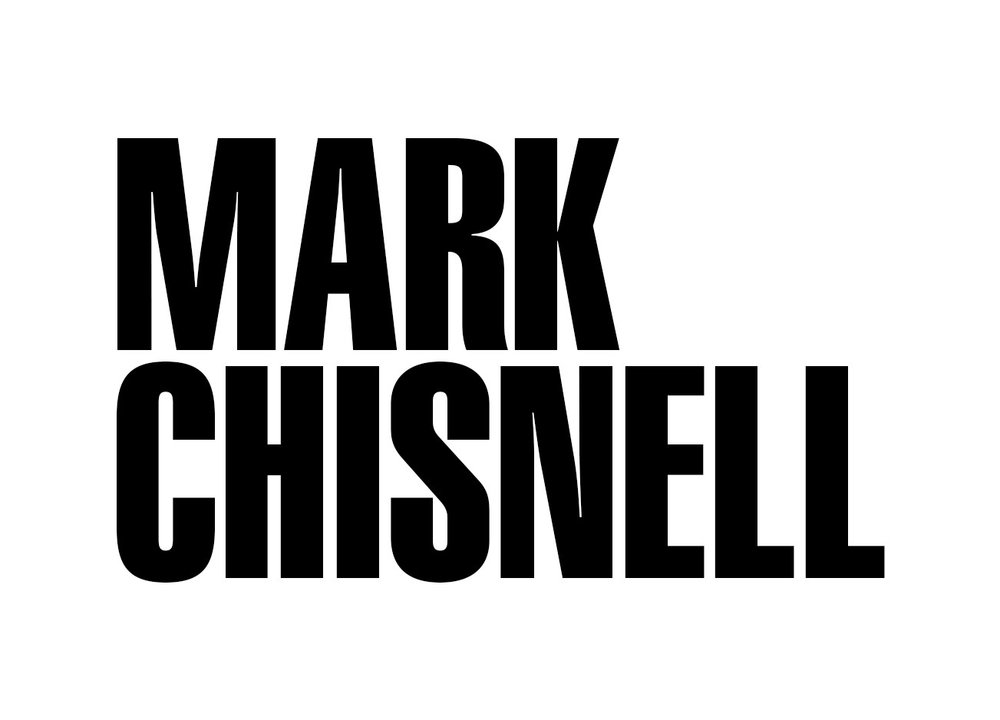I don’t think I
managed quite so much reading this month, what with Powder Burn coming out and starting work on the new Janac’s Games short story - called The Sniper.
I’ve just seen that the new
B&N publishing system, called Nook Press, allows interaction with Beta
readers, so this book might go out on Nook first, and then Amazon. Meanwhile, I
did manage to read a couple of thrillers this month, both top notch books from
top notch writers...
I picked this one
up because it was a group read on Goodreads, and I’m very glad I did. The Harry
Bosch books have been a huge hit and it’s easy to see why from this opening
tale - Connelly nails his central character from the very beginning.
Harry Bosch is a
Vietnam vet, a tunnel fighter, one of the handful of Americans that struggled
to battle the North Vietnamese in the dimension that they totally dominated –
underground. Harry’s also a nascent media star for breaking a couple of big
cases and, thanks to consultancy work on translating those case histories into movies,
he’s the owner of a (small) house overlooking the Hollywood studios. It’s a
great backstory and Harry never fails to engage and hold the reader’s
attention.
The terrific
central characterisation of Harry is backed up by a fine portrayal of FBI Agent
Wish as Harry’s sidekick/lover/and sometime antagonist. This is combined with a
really solid plot -- I didn’t see the twist coming at all, although the hints
were there – the central bank ‘caper’ has just the right amount of twists and
complexity for a highly entertaining read.
If I had a
reservation about the book it would be some pretty clunky dialogue. It’s a
nit-picking point, but Connelly hasn’t (rather than ‘has not’) shortened any of
the words in the speech. It makes lots of the characters sound pompous and
formal. It might have been the way to do it in 1992 when the book was written,
but it’s a definite negative now. I also had trouble with some of the minor
characterisations, the IAD chief, Irving was a bit of a cliché for instance.
Overall, these are
minor quibbles, and I had no problem giving the book four stars.
I’m a huge fan of
Lee Child’s Jack Reacher series, and I think I might have mentioned previously
on this blog that they were the inspiration for some aspects of Powder Burn and
my new ‘Burn’ series. So I needed no encouragement to pick this one up when it
was also chosen as a Goodreads group read. And as usual, I wasn’t disappointed.
Jack Reacher
appeals to the angry and vengeful core in all of us – there are no judges or
juries in Reacher’s world, just violent retribution dispatched swiftly, without
compunction or mercy and, in this case, unusually cold-bloodedly.
The book was
written right after the 9/11 tragedy and I think its influence can be seen in
the way that in Without Fail it is acceptable for Reacher to assassinate the
bad guys. In many of the other Jack Reacher books that I’ve read, Reacher’s own
life is at stake from quite early in the story, and so the ruthless killing of
the bad guys is softened morally by his need to survive. This is not the case
in Without Fail where he could and should have left them to the Secret Service
or the FBI – both agencies are intrinsic to the story – but instead goes after
them with intent to kill.
Child does a good
job of making this aspect as believable as possible, and as the issue only
comes up at the very end, it doesn’t spoil what is otherwise a fine story. The
rest of the book has the usual impeccable mix of tight plotting, tighter
writing and great minor characters, and once again I had no problem awarding
four stars.

